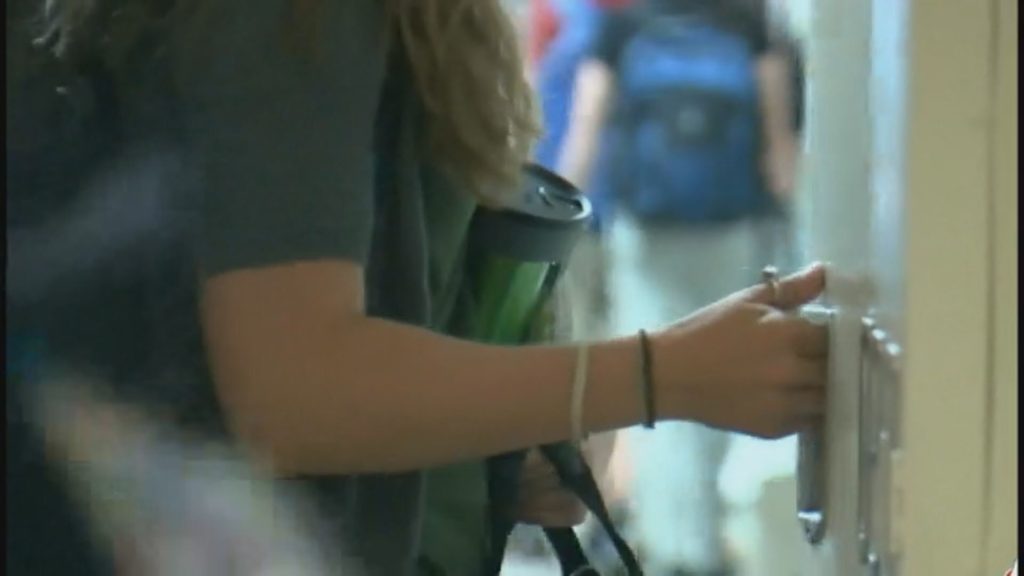DENVER – Tools developed in the aftermath of the Columbine school shooting point to an underserved need in Colorado classrooms; better access to mental health resources. Data compiled by the Colorado Attorney General’s Office show calls and texts by students to Safe 2 Tell tip line quadrupled in recent years from fewer than 4,000 tips during the 2014-2015 school year to some 16,000 tips last year.
As of March, more than 14,000 tips were recorded for the current school year. Of those tips, the most frequent each year involves students contemplating suicide. In fact, three of the top five categories of tips this year deal with some sort of mental health issue.

The advocacy group Mental Health Colorado last year developed and distributed a free digital toolkit for educators to help them spot the signs of mental illness. At the time, former executive director Andrew Romanoff explained that adolescence is the when most people experience mental illness for the first time.
“In about half the cases, the first signs of mental illness appear by the age of 14 and in three-quarters of the cases, by the age of 24,” Romanoff said.
Many schools, especially in rural areas, simply can’t afford to keep an adequate number of psychologists on staff. In 2017, at least two dozen districts that applied for Behavioral Health Care Professional Grants were rejected.
State Representative Donald Valdez, a Democrat from La Jara, is co-sponsoring Senate Bill 10 which would boost that grant funding by about $3 million by using marijuana taxes.
“Teachers are doing everything they can and more, but with that, we need to make sure the students have resources there for behavioral and mental health issues,” Valdez said.
The bill cleared the State Senate last month and is awaiting appropriations in the House.
